Coronavirus Consequences on Tourism – The Real Impact
 The worldwide outbreak of COVID-19 has brought the world to a standstill, and tourism has been the worst affected of all major economic sectors.
The worldwide outbreak of COVID-19 has brought the world to a standstill, and tourism has been the worst affected of all major economic sectors.
The COVID-19 epidemic poses a threat to the everyday life of people worldwide and people working in tourism as well as Travelers are particularly not having the best days yet. Globally, there are several levels of lockdowns ongoing.
Here are the latest developments and consequences on tourism – the real impact as Covid-19 affects nations.
Holidaymakers might also be able to travel to the Balearic or Greek Islands in summer. “If there are very few new infections there. Long-distance travel, however, is likely to be cancelled this summer as most countries are focusing on domestic tourism amid the Covid-19 outbreak.
So far, African airlines have lost nearly $5 billion in revenue following the spread of coronavirus on the continent due to low passenger demand, according to a report from the International Air Transport Association (IATA). International bookings in Africa went down by 20% in March and April, while domestic bookings fell by about 15% in March and 25% in April, according to data from IATA.
Copa Airlines aims to resume services to select international destinations on 26-Jun-2020, subject to approval from relevant civil aviation authorities. The destinations are expected to include San Jose, Lima, Sao Paulo, Miami, Santiago and Caracas.
Travellers more concerned about environment on an aircraft than in an airport according to a Honeywell report from an informal survey taken by more than 700 frequent business and personal air travel passengers.
- Passengers’ most-desired safety items during travel were masks, hand sanitiser and alcohol wipes;
- Cleanliness validation via technology was by far (60%) the most important way to provide confidence in seating-area-related cleanliness;
- Other considerations included providing cleaning supplies directly to the passenger (23%), followed by being informed and updated by the cabin crew (12%);
- From an airport perspective, survey respondents were most concerned with the cleanliness of common areas, followed by the ability to social distance and fellow travelers’ use of protective equipment.
Consequences on tourism – the real impact as Covid-19 affects nations
 Greek islands embarks on domestic tourism
Greek islands embarks on domestic tourism
Greece’s islands will be accessible again by plane and ferry for domestic tourists starting Monday May 25. Taverns, bars and cafes are reopening nationwide. Ferries are to sell only 50% of their tickets, and taverns are only allowed to occupy half of their tables. The list of countries from which foreign tourists can enter Greece without a two-week quarantine will be announced at the end of May.
Successful start of the beach season in Greece has also been embraced.
All beaches in Greece were reopened on May 16. According to media reports, strict regulations were observed: The distance between parasols had to be four meters and only two sunbeds per parasol were allowed. Beach bars could only sell packaged food and not serve alcohol. Is this a preview of summer holidays in Europe despite the coronavirus pandemic?
 Borders are opening, for lovers too
Borders are opening, for lovers too
On May 16, Germany opened its borders to neighboring countries France, Austria and Switzerland. There will only be random checks, and no more checks at all for Luxembourg. However, there must still be “good” reasons for crossing the border. And love is accepted as such. For example, German-Swiss couples at Lake Constance (photo) — can visit each other again.
 Bavaria’s beer gardens reopen
Bavaria’s beer gardens reopen
On May 18, the coronavirus lockdown for Bavaria’s outdoor gastronomy ended and the beer gardens have reopened. Of course under strict conditions — waiters have to wear masks, for example. On May 25, indoor gastronomy is to follow, restaurants and cafes, with a limited number of guests. From May 30, the operation of hotels, and holiday homes in Bavaria will be allowed again.
 Beijing reopens Forbidden City in China
Beijing reopens Forbidden City in China
One of Beijing’s most important sights can be visited again after months of closure due to the coronavirus crisis. From Friday (May 1), visitors are allowed back into the palace complex on Tiananmen Square under strict security conditions. Instead of the previously usual 80,000 visitors, a maximum of 5,000 guests are to be admitted daily.
 Empty chairs a warning from restaurant owners in Gastronomes
Empty chairs a warning from restaurant owners in Gastronomes
Gastronomes have set up empty chairs in central locations in Germany, such as here in Düsseldorf, to draw attention to their situation in the coronavirus crisis. “Without direct financial aid, most of our businesses will not survive,” says Guido Zöllick, President of the German Hotel and Restaurant Association. “Suppliers and partners are also increasingly being drawn deeper into economic crisis.”
 Cruises a risk factor
Cruises a risk factor
Repeatedly cruise ships have to be quarantined or prevented from docking. After cancellations in Thailand and Malaysia, the Costa Fortuna (photo) with 2,000 passengers, including 64 Italians, has been allowed to enter the port of Singapore. In Oakland, California, 2,000 passengers and 1,100 crew members of the Grand Princess are quarantined because 19 of them have tested positive for COVID-19.
 Ghana fears dramatic setbacks
Ghana fears dramatic setbacks
Sights in Ghana are particularly affected by travel restrictions for tourists even though the West African country is not under any lockdown currently and plans are underway to reopen school, churches and ease activities. The Ghana Tourism Authority announced a directive which eased restrictions imposed on the hospitality industry. The directive allows institutions to resume operations while “observing appropriate social distancing and hygiene protocols”.
Food chains and Restaurants (including Hotel Restaurants) can operate takeout and delivery services only. Hotspots in major cities including the capital have all reported a sharp drop in business and visitors.
 Nigeria’s travel industry shaky after N180 billion loss from pandemic
Nigeria’s travel industry shaky after N180 billion loss from pandemic
Nigeria’s fledgling tourism industry is losing money and many jobs are being cut as employees are unable to pay wages, raising fears that the industry could collapse by the time the coronavirus pandemic ends. With the slump in sales, especially as the global lockdown drags on and the Nigerian government extending airport closures to contain the spread of the virus, IATA-accredited passenger sales agents are facing a peculiar challenge of remittance shortages.
IATA is asking agents to pay for all tickets issued before the lockdown as all weren’t used by passengers due to cancellations by airlines but tour operators are also hoping Airlines would cooperate by paying them back the refunds of unused tickets instead of the proposed voucher.
 Serious Losses to South African Tourism: New fees, no snacks, and no middle seats
Serious Losses to South African Tourism: New fees, no snacks, and no middle seats
From June 1, 2020, some lockdown measures in South Africa would be eased. The National Coronavirus Command Council has announced the Risk Adjusted Strategy Regulations which has been in effect since May 1, 2020. These regulations intend to ease the lockdown measures that came into effect on 27 March. South Africa will now move from Level 4 to Level 3 of the Risk Adjusted Strategy on 01 June 2020. All domestic and international travel remains prohibited as well as interprovincial movement except in exceptional circumstances. All hotels and establishments remain closed unless they are accommodating international tourists who remain in South Africa, are appointed as quarantine facilities, or providing accommodation for essential services people.
Restaurants, take-aways, and food establishments are allowed to open for home delivery services only during certain hours.
 Zimbabwe looking to domestic tourism ‘as an immediate source of relief’
Zimbabwe looking to domestic tourism ‘as an immediate source of relief’
Domestic Tourism promotion and diversification of Zimbabwe’s tourism products has been dominating the headlines in Zimbabwe as the country embarks on a source of relief for its Tourism Recovery. Arts and craft practitioners called on Government to consider opening up spaces to act as markets and exhibitions for artists while observing the social distancing regulations.
Zimbabwe is currently understudying a tourism strategic plan which will be used to inform the National Development Strategy plan by Government. While the pandemic hampered operations of the national airline it also provided an opportunity for Air Zimbabwe to revive its fleet which is set to service the domestic routes.




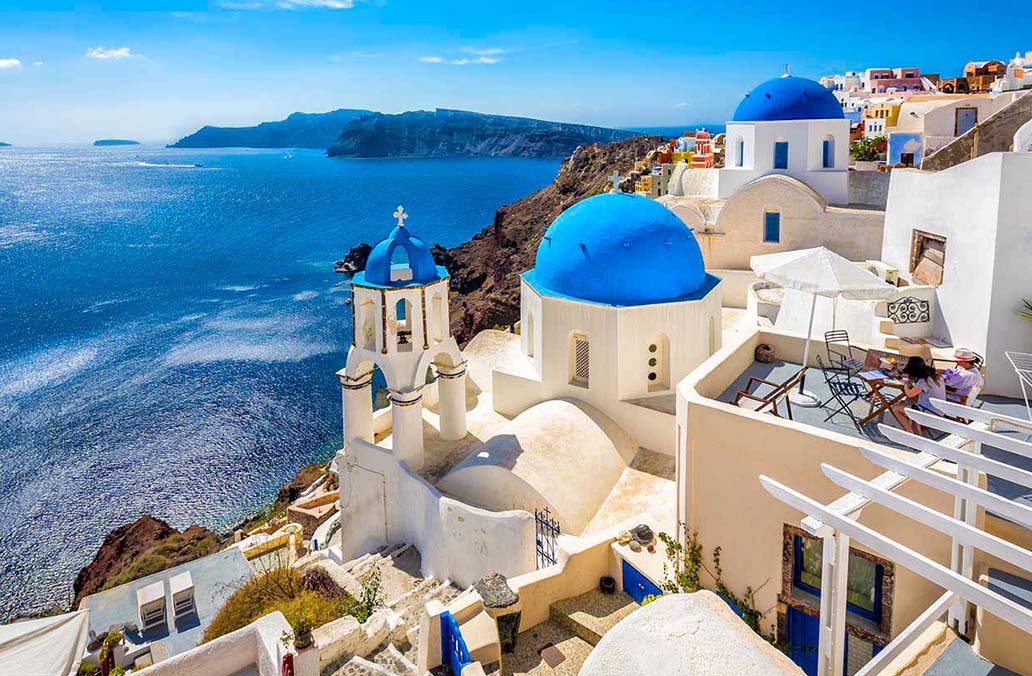 Greek islands embarks on domestic tourism
Greek islands embarks on domestic tourism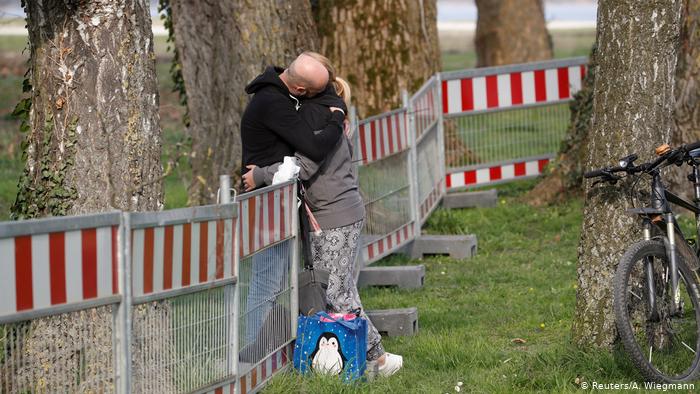 Borders are opening, for lovers too
Borders are opening, for lovers too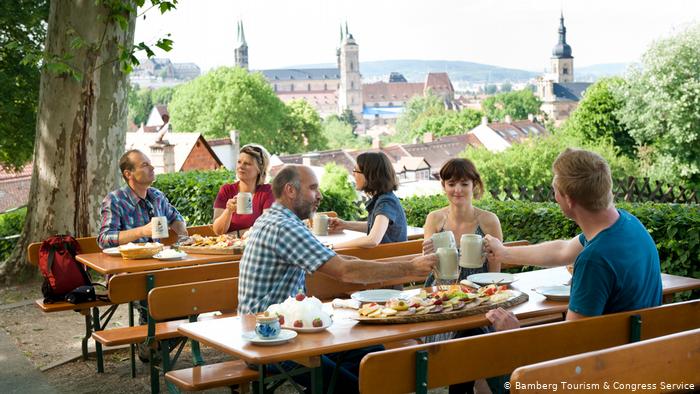 Bavaria’s beer gardens reopen
Bavaria’s beer gardens reopen Beijing reopens Forbidden City in China
Beijing reopens Forbidden City in China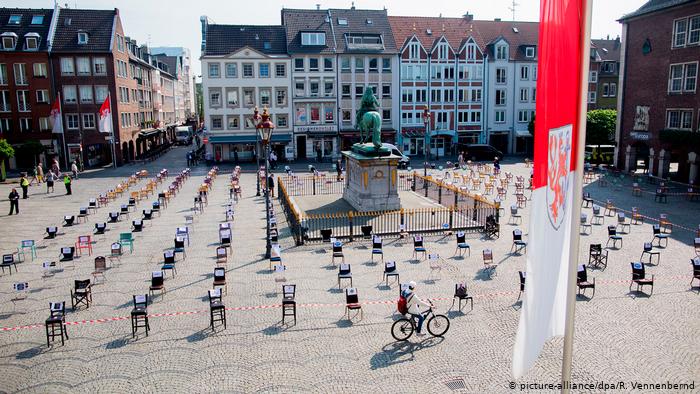 Empty chairs a warning from restaurant owners in Gastronomes
Empty chairs a warning from restaurant owners in Gastronomes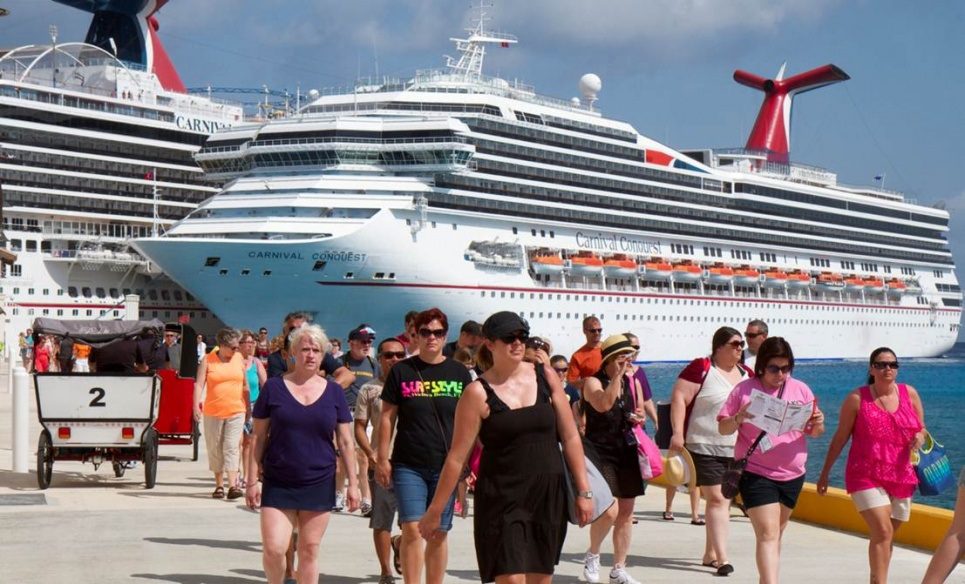 Cruises a risk factor
Cruises a risk factor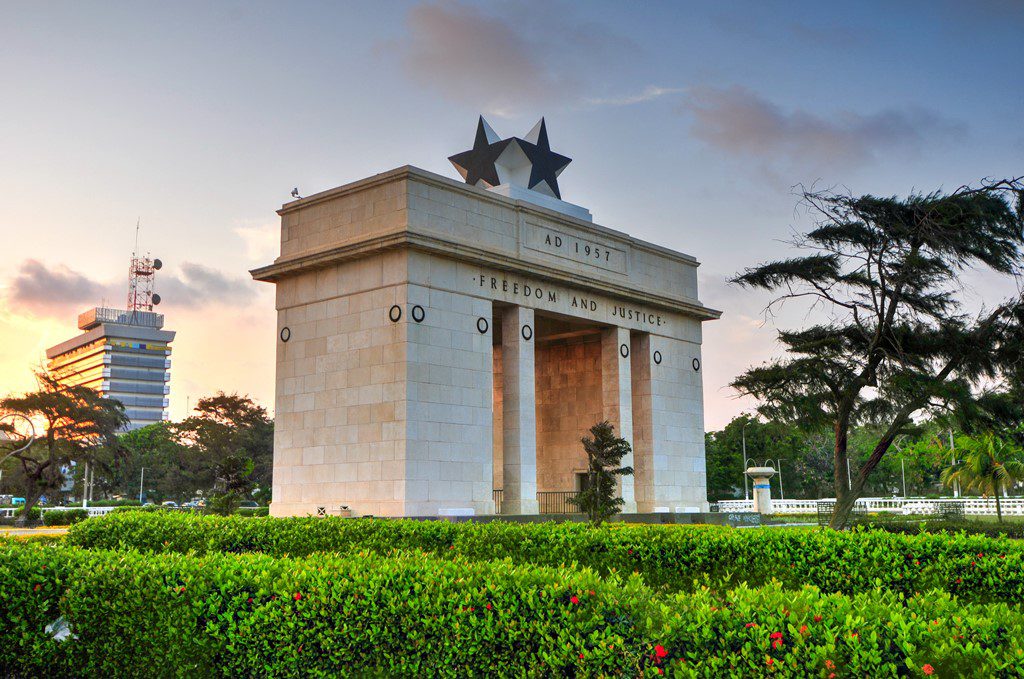 Ghana fears dramatic setbacks
Ghana fears dramatic setbacks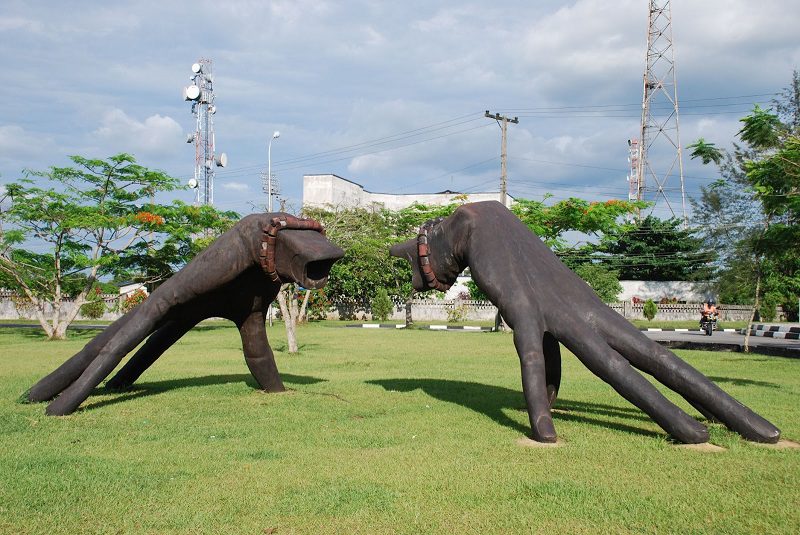 Nigeria’s travel industry shaky after N180 billion loss from pandemic
Nigeria’s travel industry shaky after N180 billion loss from pandemic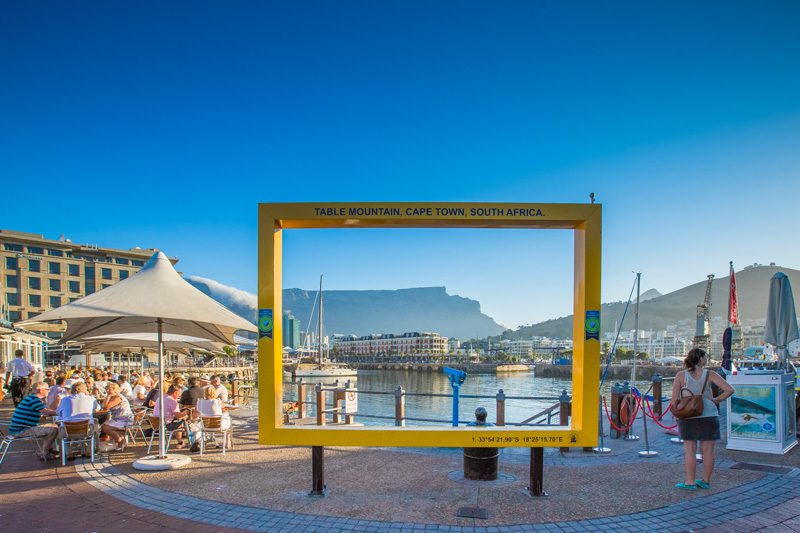 Serious Losses to South African Tourism:
Serious Losses to South African Tourism: 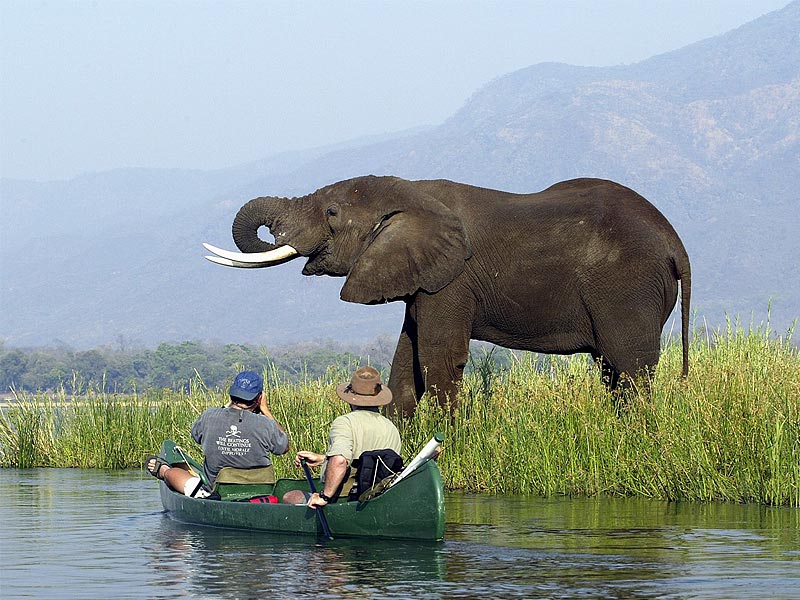 Zimbabwe looking to domestic tourism ‘as an immediate source of relief’
Zimbabwe looking to domestic tourism ‘as an immediate source of relief’


